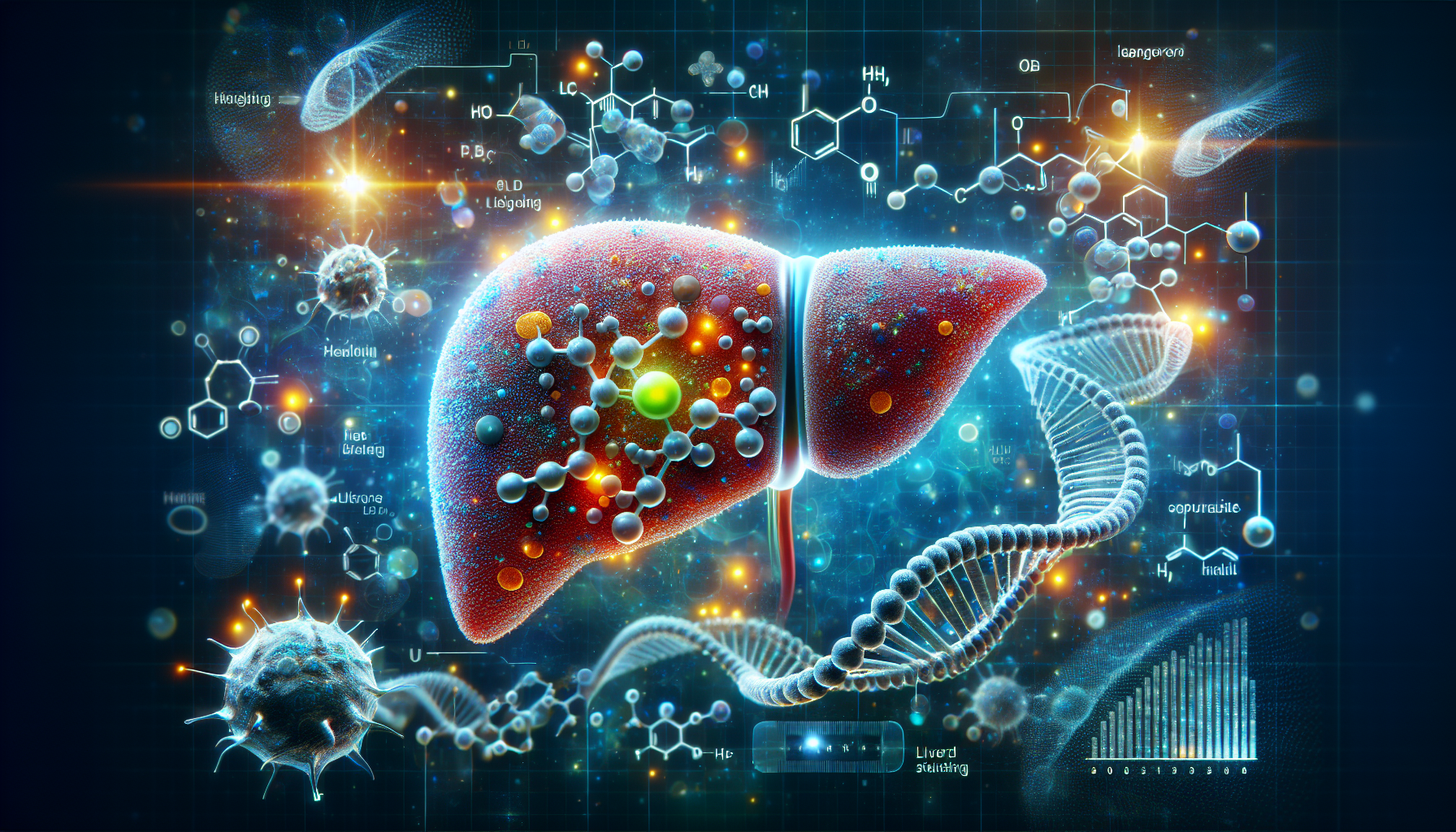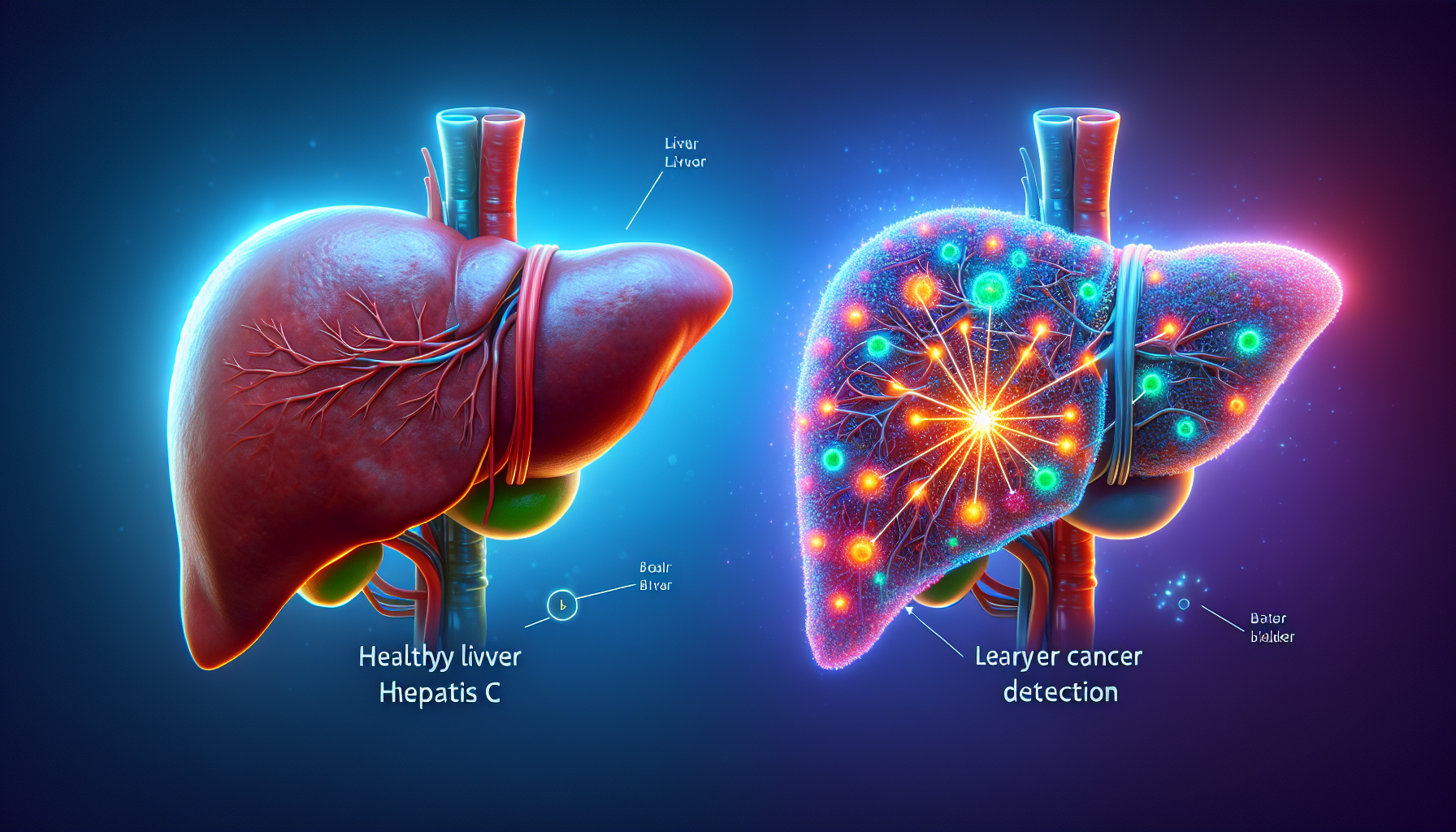Promising 52-Week Results for VK2809 in Treating NASH and Fibrosis
Key Takeaways
- VK2809 shows promising results in treating NASH and fibrosis.
- Safety and tolerability profiles were similar to the placebo.
- Significant reductions in liver fat and plasma lipids observed.
Did You Know?
Introduction to VK2809 and Its Study
Viking Therapeutics has announced encouraging 52-week results from their Phase 2b VOYAGE study, showcasing the efficacy of VK2809 in treating non-alcoholic steatohepatitis (NASH) and fibrosis. This innovative drug is a liver-selective thyroid hormone receptor beta agonist designed to target metabolic and endocrine disorders.
Key Findings from the Study
The study found that up to 75% of patients treated with VK2809 experienced resolution of NASH without the worsening of fibrosis, compared to only 29% in the placebo group. Additionally, 57% of VK2809-treated patients showed at least a one-stage improvement in fibrosis, far exceeding the 34% in the placebo group.
Moreover, 48% of patients treated with VK2809 achieved both NASH resolution and significant fibrosis improvement, compared to 20% in the placebo group. These results indicate a strong potential for VK2809 in treating these serious liver conditions.
Safety and Tolerability
VK2809 also demonstrated a favorable safety profile with adverse events, including gastrointestinal issues, being similar between the treatment and placebo groups. This aligns with earlier data reported at the 12-week mark.
Discontinuations due to adverse events were minimal and balanced across both groups, further supporting the drug's tolerability.
Reduction in Liver Fat and Plasma Lipids
Patients receiving VK2809 showed significant reductions in liver fat content at 52 weeks, with changes ranging from 37% to 55%. The response rate, defined as at least a 30% reduction in liver fat, varied between 64% and 88% across treatment groups.
Furthermore, statistically significant reductions in plasma lipids, including LDL-C, triglycerides, and atherogenic proteins, were observed. These results suggest potential cardio-protective benefits of VK2809.
Histologic Changes and Robust Results
The study's secondary endpoints demonstrated that 69% of patients in the combined VK2809 treatment groups achieved NASH resolution. Additionally, 51% showed fibrosis improvement without NASH worsening, reinforcing the robustness of the study's findings.
Sensitivity analyses confirmed the efficacy signals, ensuring the reliability of the positive outcomes.
Significance of the Results
Brian Lian, Ph.D., Chief Executive Officer of Viking, emphasized the compelling evidence provided by these data. VK2809 led to significant improvements across key histologic endpoints, highlighting the importance of thyroid hormone receptor beta agonism in treating NASH and fibrosis.
Study Design and Methodology
The VOYAGE study is a double-blind, placebo-controlled trial involving patients with biopsy-confirmed NASH and fibrosis. It focuses on evaluating the efficacy, safety, and tolerability of VK2809 over 52 weeks.
The primary endpoint was the change in liver fat content at 12 weeks, with secondary objectives assessing histologic changes at 52 weeks.
Future Implications
These promising results pave the way for further research and potential medical use of VK2809. Viking Therapeutics looks forward to presenting the full results at upcoming medical conferences.
The study's findings reinforce VK2809's potential as a leading treatment for NASH and fibrosis, offering hope for improved patient outcomes in these chronic liver conditions.
References
- Viking Therapeuticshttps://www.vikingtherapeutics.com
- National Institute of Diabetes and Digestive and Kidney Diseaseshttps://www.niddk.nih.gov
- American Liver Foundationhttps://liverfoundation.org/for-patients/about-the-liver/diseases-of-the-liver/nonalcoholic-fatty-liver-disease






